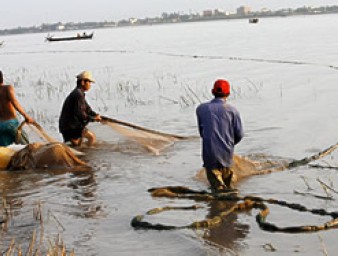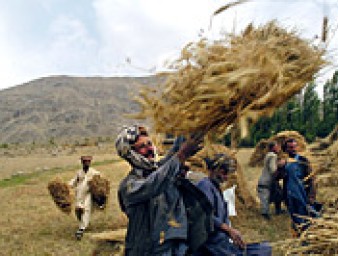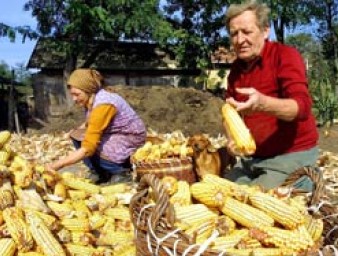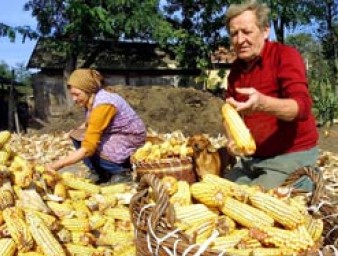Discrimination faced by rural women negatively impacts food security
12 March 2013
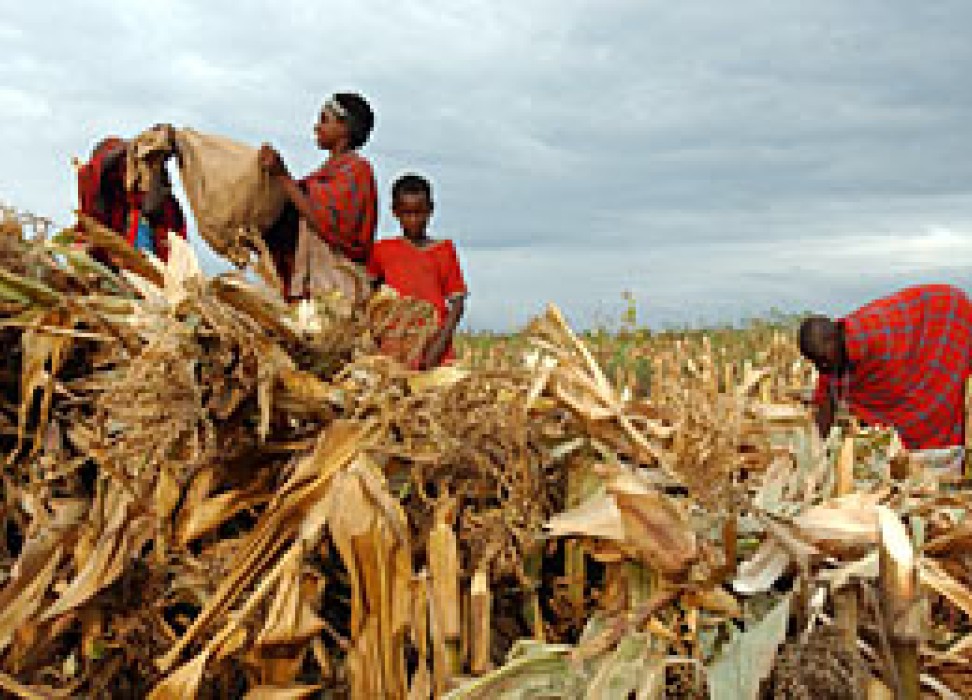
“Strengthening women’s rights and moving towards full equality between women and men are vital components of the fight against hunger and malnutrition”, said the UN Special Rapporteur on the right to food to the Human Rights Council.
Countries where women lack land ownership rights or access to credit have on average between 60% and 85% more malnourished children, acknowledged Special Rapporteur on the right to food, Olivier De Schutter, in his latest report on women´s rights and the right to food (PDF).
While the feminization of small-scale farming leads women to play a leading role in food security, De Schutter deplored that women still face discrimination—whether from laws, social norms or customs linked to stereotypes about gender roles—and continue to have unequal access to education and economic opportunities.
Women also play an increasingly important role as farmworkers. They represent 20 to 30% of the 450 million people employed worldwide as waged agricultural workers, but are disproportionally represented in the “periphery” of employed farmworkers made of unskilled workers hired on a weekly or seasonal basis without a formal contract of employment. The main reason more women are found in this category is that they have fewer alternative options due to lower level of education. They are, thus, easier to exploit, underlined the UN expert.
De Schutter asked that States’ obligation to remove all discriminatory provisions in the law and to combat discrimination be combined with temporary special measures to accelerate the achievement of gender equality, as well as effective remedies for women who are victims of discrimination.
The UN expert also recommended to improve the women´s access to education and economic opportunities, which will allow them to increase their productivity and their substantial contribution to food security.
Referring to a cross-country study of developing countries covering the period 1970-1995, De Schutter noted that the study found that 43% of the reduction of hunger was attributable to the progress of women's education, almost as much as increased food availability (26%) and improvements to the health environment (19%) during that period combined. An additional 12% of the reduction of hunger were attributable to increased life expectancy of women.
Women must reconcile their role of small-scale food producers with their care responsibilities in the home, an obstacle men agricultural producers do not face, De Schutter said after noting that the disproportionate burden from the “care economy” affect women´s productivity by limiting their mobility, their ability to market produce, and the time they can spend on the land.
Lack of access to child-care services in rural areas, combined with poor transportation services, sometimes leads women to bring the children with them on the plantation, as documented in the horticultural sector in Punjab, Pakistan, or in the informal settlements established near the plantations during the working season, such as in South Africa.
“As we consider how to best support rural development, we must recognize the importance of the care economy, which is just as vital as the market economy”, De Schutter stressed.
The UN expert advised to invest in services and infrastructure that relieve women of the burden of the “care economy” by providing, for example, childcare services in rural areas or water pipes linking villages to water sources. He also insisted on the importance of redistributing the roles within the household so that men also contribute to the care economy, allowing a transformation of the existing “gendered division of roles”.
States have to develop and implement gender-sensitive agricultural policies that promote full equality—including access to education, property, microcredit, technologies and social protection—and encourage women´s participation in decision-making, whether in the household or in their community, asked De Schutter. Women should be allowed to redefine the priorities of the small-scale farming system of which they are becoming the main actors, he added.
12 March 2013
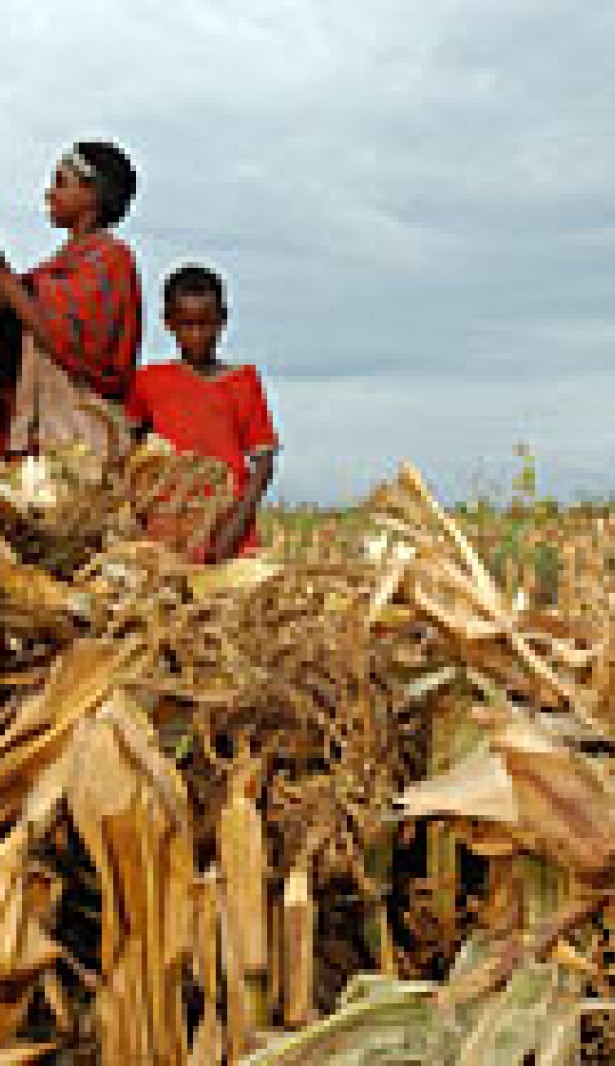
VIEW THIS PAGE IN:
